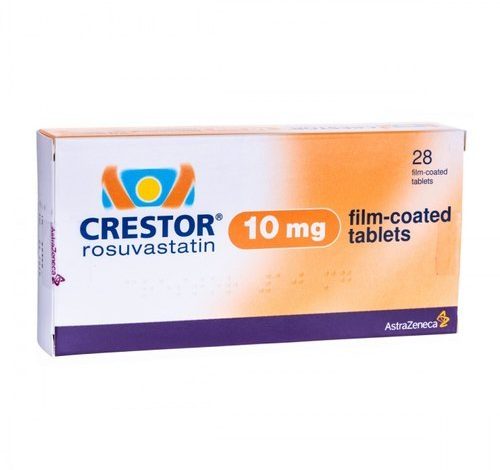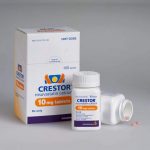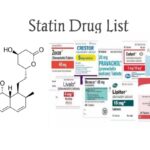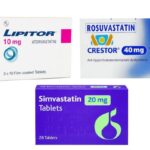Why Was Crestor Taken Off The Market?

Studies indicate that companies are harnessing the advantages of science to treat a host of health conditions such as hypercholesterolemia and to treat patients with high cardiovascular risks. As such, the hypercholesterolemia indication segment of the cholesterol-lowering drugs market is growing.
Growing awareness about bad cholesterol is one of the key drivers that is triggering the growth of the cholesterol-lowering drugs market. Statins & combination drug class segment of the cholesterol-lowering drugs market is reached a value of ~US$ 19.8 Bn in 202.
What is Crestor (Rosuvastatin)?
Crestor is a brand of rosuvastatin produced by AstraZeneca. It is used together with diet, weight loss, and exercise to reduce the risk of heart attack and stroke and to decrease the chance that heart surgery will be needed in people who have heart disease or who are at risk of developing heart disease.
That the US Food and Drug Administration (FDA) has approved Crestor on August 13, 2003.
Crestor is also used to decrease the amount of cholesterol such as low-density lipoprotein (LDL) cholesterol (‘bad cholesterol’) and triglycerides in the blood and to increase the amount of high-density lipoprotein (HDL) cholesterol (‘good cholesterol’) in the blood. Crestor may also be used together with diet to decrease the amount of cholesterol and other fatty substances in the blood in children and teenagers 8 to 17 years of age who have familial heterozygous hypercholesterolemia (an inherited condition in which cholesterol cannot be removed from the body normally). Crestor is used together with diet, and alone or in combination with other medications, to decrease the amount of cholesterol and other fatty substances in the blood in adults, children, and teenagers 7 to 17 years of age who have familial homozygous hypercholesterolemia (an inherited condition in which cholesterol cannot be removed from the body normally).
Crestor has been one of the most widely prescribed branded drugs in the US, with one research firm reporting that more than 22 million prescriptions were written over a 12-month period in 2013 and 2014, translating into nearly $6 billion in sales. The drug has consistently had annual sales in the $5 to $6 billion range for the last several years.
Why Was Crestor Taken Off The Market?
Crestor was discontinued for business reasons following the expiration of its US patent in May 2016, following which generic rosuvastatin brands became available for US patients. AstraZeneca had argued in a petition to the F.D.A. and in a federal lawsuit that the agency could not legally approve any generics of Crestor because the drug had recently been approved to treat children with an extremely rare disease.
It contended that the drug was in that way protected from competition, even for use in treating high cholesterol in adults, by the Orphan Drug Act, which encourages companies to develop drugs for rare diseases. AstraZeneca lost the case and generics were approved by the FDA.
Crestor was one of five FDA-approved drugs named in congressional testimony by maverick FDA researcher David Graham as being unsafe. In 2004, there were reports that a patient died of a muscle-damaging disease linked to Crestor and all other members of the family of cholesterol-lowering drugs known as statins. As a result, the watchdog group Public Citizen petitioned the FDA to ban Crestor citing seven post-marketing cases of life-threatening rhabdomyolysis and nine cases of renal failure or renal insufficiency, both of which problems had also been identified during the pre-approval clinical trials.
At the time, the US Food and Drug Administration (FDA) was somewhat concerned over the potential side effects with the statin drug class, particularly since Bayer was forced to withdraw cerivastatin (Baycol/Lipobay) in 2001 after reports of increased fatal rhabdomyolysis.
AstraZeneca had applied for approval of Crestor in doses ranging from 5 mg to 80 mg, but the FDA worried about safety concerns at the 80-mg dose. The company was ultimately forced to resubmit data in 2002 supporting dosages ranging from 5 mg to 40 mg, which delayed the drug’s launch.
Despite these concerns, research has shown that statins are highly effective in reducing the risk of fatal heart attack and stroke. But some people are reluctant to take these life-saving drugs. They worry about taking medicine every day for the rest of their life or have heard that statins have undesirable side effects.
You may find useful information on What Foods Should Be Avoided When Taking Crestor?





